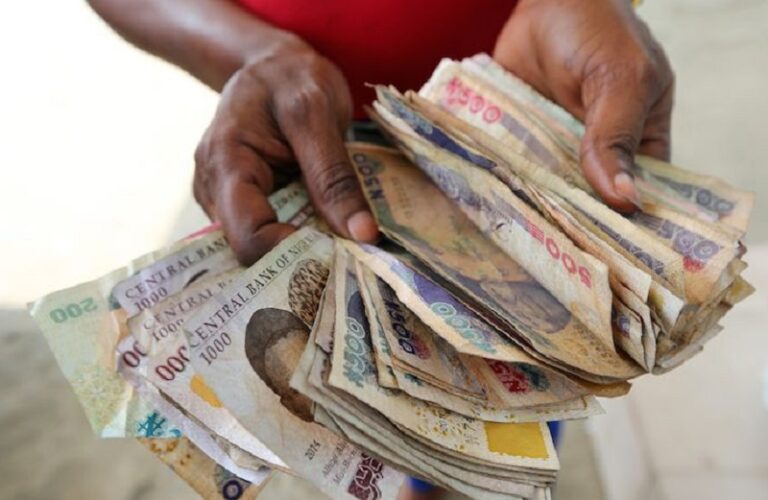Despite the Central Bank of Nigeria's (CBN) previous directive for banks to issue new and old notes concurrently, there remains a need for more currency supply, causing concern among residents of Abakaliki.
On Thursday, a cross-section of the community expressed apprehension over the resurgence of a scarcity of banknotes in commercial banks and point-of-sale (POS) operations.
The News Agency interviewed residents who shared their worries, believing that the insufficient cash flow could disrupt their financial and social activities. Visits to various banks and POS outlets in Abakaliki revealed that some bank customers were particularly concerned about the situation as it unfolded close to the festive season.
Notably, Nigeria needed more funds between January and March, attributed to redesigning the 200-, 500-, and 1000-naira notes. Mr. Henry Okpor, a civil servant and bank customer, expressed his concern about the prolonged scarcity, even though the CBN had instructed banks to issue both old and new notes simultaneously. He speculated that the shortage might have originated from citizens anticipating potential regulatory changes by the end of 2023.
Another civil servant, Mr. Jude Ekete, emphasised the potential hardships and business disruptions if the situation needs to be addressed promptly, especially when people are already facing economic challenges.
Mrs. Judith Eze, a trader, lamented the rationing of notes at some banks and the limited cash dispensed by certain ATMs, recalling the adverse effects on small businesses during a previous cash scarcity between February and March 2023. She urged authorities to intervene before the situation deteriorates.
Mrs. Regina Mbam, a bank customer, questioned the effectiveness of any cashless policy implementation unless adequate plans were in place, noting instances where customers received lower denominations for substantial withdrawals.
Mr. Benjamin Essong, a POS operator, called on authorities to take concrete steps to address the situation. Speaking anonymously, some bank officials alleged that the scarcity resulted from hoarding bank notes instead of returning them to circulation after a previous cash scarcity had been resolved.









